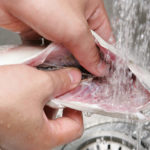Avoid Over-Salting the Sauce
Refrain from adding too much salt to the sauce used for marinating the fish. Doing so will make it difficult for the salt to penetrate the fish.
The best approach is to directly season the fish with salt before adding the sauce. Remember, it is ideal to marinate the fish for only 10 to 15 minutes.
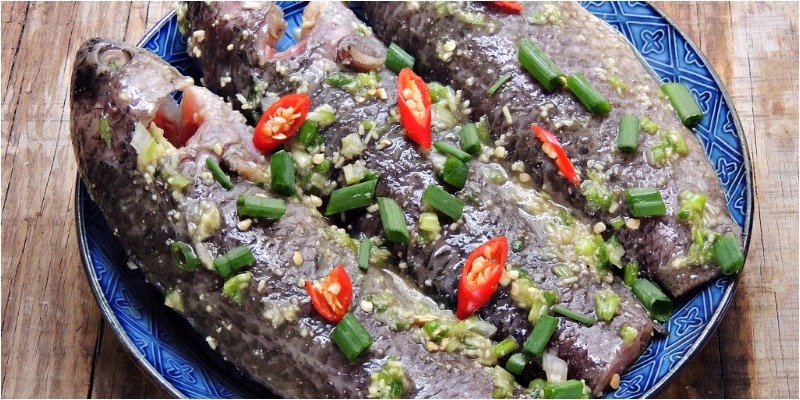
Not Pat-Drying the Fish Before Cooking
For fried fish dishes, it is important to ensure that the fish is dry to achieve a crispy texture. This prevents the fish from retaining water, which can cause splattering and prolong the frying process.
Before frying, use a paper towel to pat the fish dry, and sprinkle a bit of salt into the oil. This will result in a crispier and more flavorful dish.
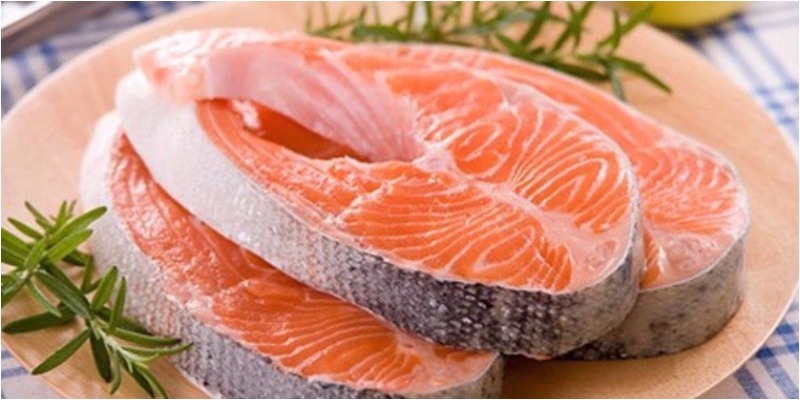
Using a Pan That’s Not Hot Enough
If the oil is not hot enough and has not reached its smoking point, the fish may not cook evenly, and it may absorb too much oil or stick to the pan. When fish absorbs too much oil, it becomes soft and prone to breaking apart. Moreover, the valuable amino acids in the fish may be lost. Therefore, always wait until the oil is hot before adding the fish.
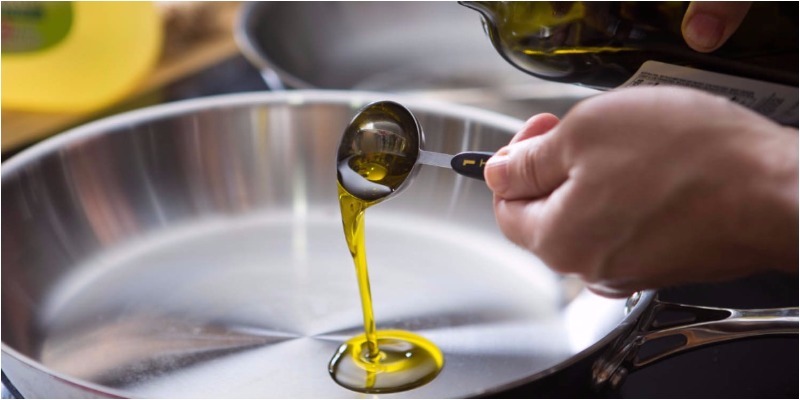
Overcooking the Fish
Some cooks tend to overcook fish to ensure that the bones become soft. However, this practice compromises the taste and nutritional value of the dish.
To soften the bones without overcooking the fish, consider using a pressure cooker, which significantly reduces cooking time.
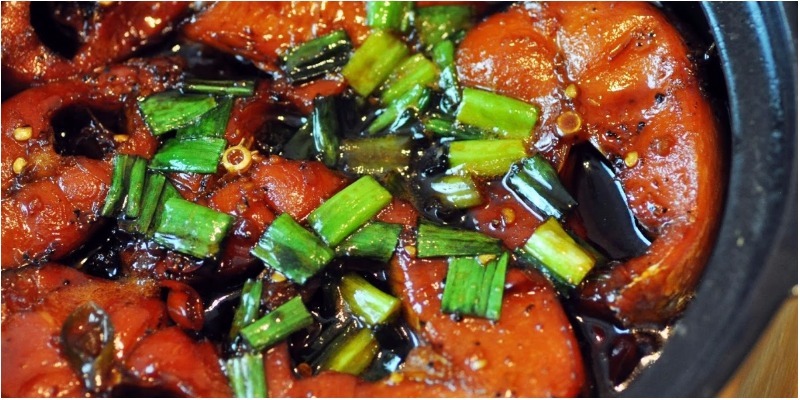
Flipping the Fish Too Frequently
Out of fear that the fish might burn, some cooks have a habit of frequently flipping the fish during the cooking process. However, excessive flipping can break the crispy skin of fried fish, causing it to stick to the pan, or fall apart when braised.
It is best to let the fish cook thoroughly on one side before turning it over just once. This allows the fish to absorb the flavors evenly and prevents it from falling apart.
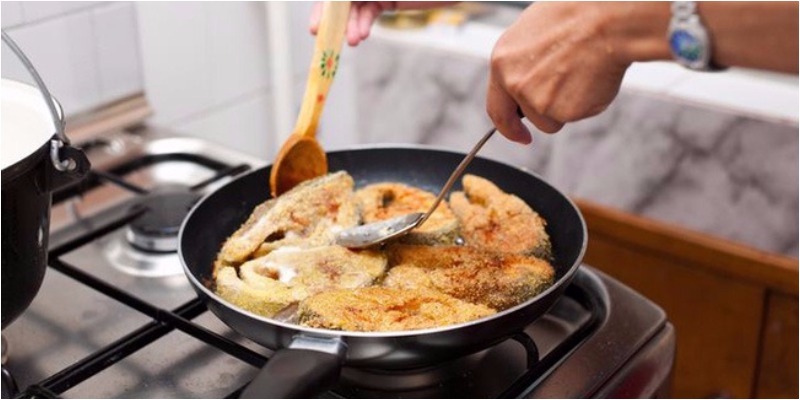
Removing the Fish Skin
The skin of the fish supports the circulation of proteins throughout its body. By removing the skin, you also strip away the beneficial fat layer just beneath it. This fat contains a significant amount of protein and amino acids, which are essential for a healthy diet.
Additionally, the skin helps hold the fish together during cooking, so it is best to keep it intact.
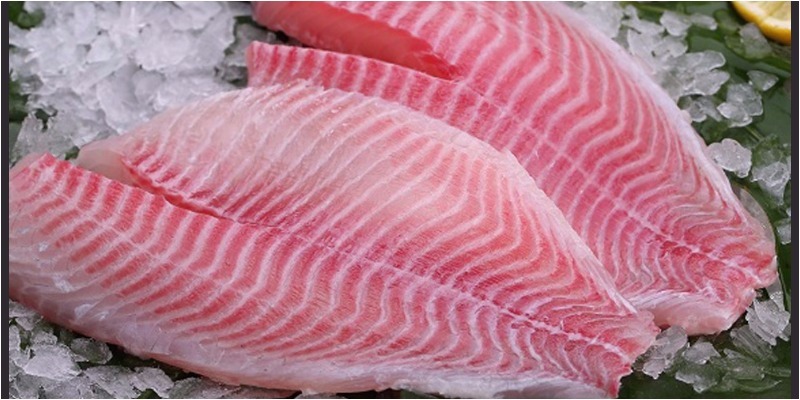
Improper Thawing
Some people opt for quick thawing methods, such as using hot water or a microwave. However, fish is more susceptible to bacterial growth when thawed with heat, and the skin tends to shrink, preventing even absorption of flavors.
The best method is to thaw fish naturally by placing it in the refrigerator overnight, ensuring it is ready for use the next day.
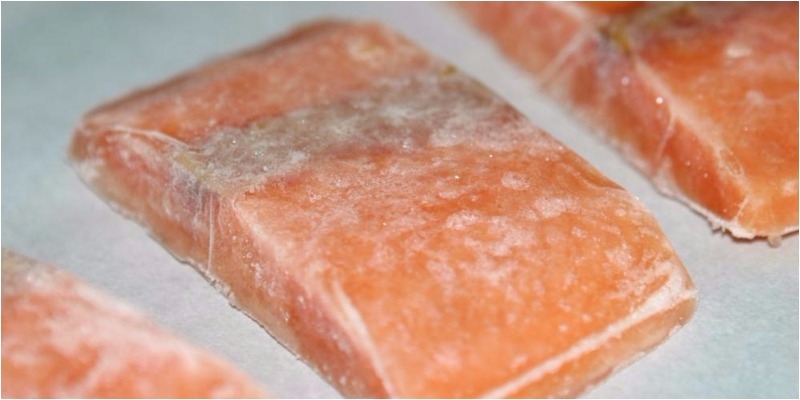
Paying attention to these small details when cooking fish will result in a more appealing and nutritious dish for your family. Don’t forget to choose reputable stores like ours for your fish marinade needs to ensure the best quality.
Avoid These Cooking Errors to Get Perfect Fish Dish
Incorrectly preparing fish has the potential to cause drastic changes to its nutrition levels, as well as create health hazards to those who consume it. These changes to the flesh of the fish can put the whole family at risk.




























